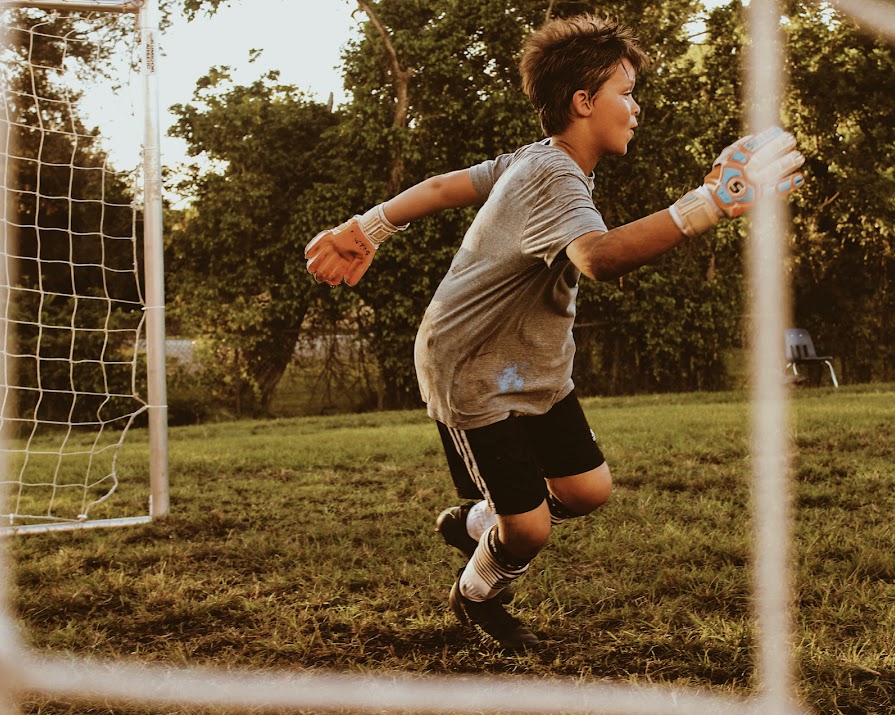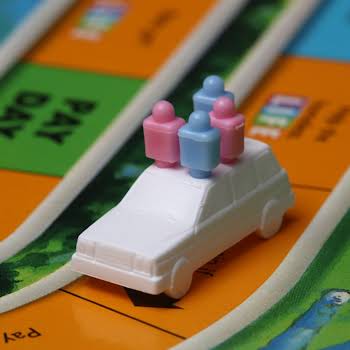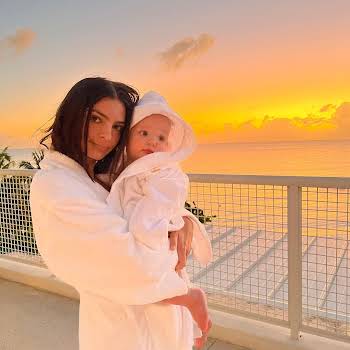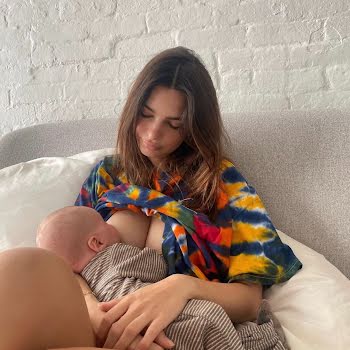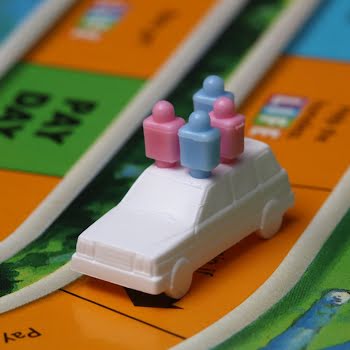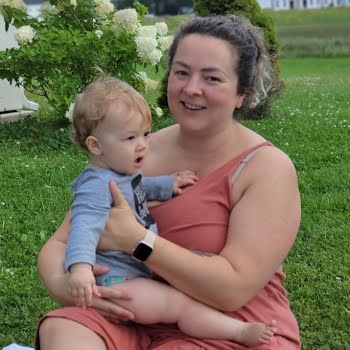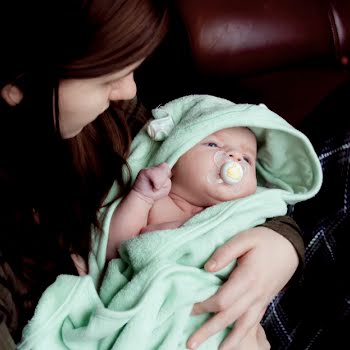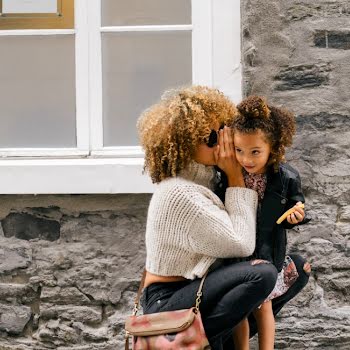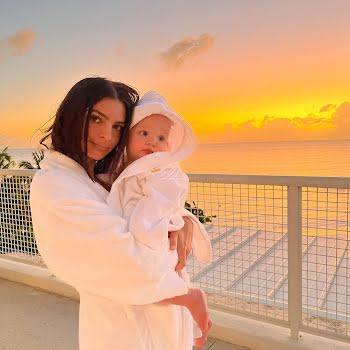
By Amanda Cassidy
30th Nov 2023
30th Nov 2023
Since the pandemic paused almost every activity, a surge of scheduling to make up for lost time has seen our kids attending record numbers of extra-curricular activities. But are busier kids better kids? Amanda Cassidy reports.
I miss the way we used to play as kids – long stretches of free time where our imagination was king, nature provided the toys and spontaneity ruled.
Now, like many parents, I’m constantly running around bringing my children to activities. In fact, they are so over-scheduled since the pandemic ended that it takes two of us to coordinate their extracurricular timetable after school and at weekends. Afternoons are a flurry of ‘hurry ups’ and ‘where’s your gear?’ and ‘here, quick eat this before training’. The children are tired, we are tired, it’s a drain on finances.
Expertise
So why are we so afraid our children are missing out all the time?
“Because they did,” according to psychologist Jean Corrigan. “For almost two years children and parents sat at home mourning their cancelled sports or art classes or swim lessons. There was an inevitable feeling of falling behind that parents are now simply making up for.”

The problem is that there is so much making up to do that activities have increased to a level that might actually scupper your child’s ability to succeed.
Avene Dunphy vowed not to over schedule her eight and 10-year-olds after she saw the benefits of a quieter pace of live during covid. “We had scouts, swimming, karate, soccer and gymnastics.”
“We realised the value of having time that we didn’t always need to fill.
“Basically three, four, maybe sometimes five days a week on top of matches at weekends. All of that combined made for a really busy family life.
We live in a world where success is measured in terms of being the best at sports or languages.
“You would have quick dinners at home and then maybe run out to a soccer game or fit in something right after school at the pool and then come home for a late dinner.”
Then came the pandemic.

Pause
“Besides the horror of lockdown, we loved the quieter pace of life in terms of how we spent our time,” Avene explains. “Suddenly we had time to play boardgames, to chat about things we may not have before. Long walks turned into really interesting insights into my daughter who was having trouble with her friends. We realised the value of having time that we didn’t always need to fill.”
But like many of us, Avene admits that she feels the pressure of missing out when it comes to catching up on activities now. “We live in a world where success is measured in terms of being the best at sports or languages. It’s so much more competitive now. We are falling over ourselves to fit in all the things we missed out on. We are doing what we swore we wouldn’t do.”
Mini-me syndrome
But is it that we want our children to excel and have the choices of different friends or to try their hand at everything or is it a case of parents living vicariously through their offspring?

Authors of The Overscheduled Child, Alven Rosenfeld and Nicole Wise say it’s an overeager pursuit of perfection that has become synonymous with modern life.
Lists and schedules, meetings and appointments invade our every moment and the need to be the best dominates – and undermines – our own sense of self as well as our children’s.
“Parenting today has come to resemble a relentless to-do list. Even parents with the best intentions strive to micro-manage every detail of their kids’ lives and live in constant fear that their child will under-perform in any area–academic, social, athletic,” Rosenfeld explains.
“Lists and schedules, meetings and appointments invade our every moment and the need to be the best dominates–and undermines–our own sense of self as well as our children’s”.
A former head of psychiatry at Stanford, Rosenfeld says that young kids are pressured and pushed so much that “by the time they reach high school, they are bored and burned out.”
And the fallout of this hyper parenting affects all areas of life.
“When you’re always on-the-go, home-cooked meals become the exception rather than the rule. Nourishing, family-centered dinners turn into hurried snacks and sandwiches in the car on the way to training.
“Equally when their time is overly occupied by structured activities, kids have less time to engage in free, child-driven play, which is absolutely critical to their cognitive, emotional, and social development.”

On the go
When kids are shuffled from one activity to another, they lose some of the ability to create imaginative and engaging fun on their own.
Of course, giving your child a head start is understandable. Staying active is essential for children who can easily become screen zombies, especially these days. But the key here is balance.
Drama competition fees, school trips, extra grinds…it adds up so much and if you say no, you feel as if you are doing them a disservice somehow.
The other issue is choice. There are more after-school clubs offering better choice in terms of activities – from creative writing class to chess, Spanish lessons and ballroom dancing. For parents, it’s added pressure to capitalise on every opportunity.
Ellen Daly has 15-year-old twins. She says it’s having a big impact on her wallet.
“If you don’t have them in something every day of the week, you worry that they will just be in their rooms staring at their phone. I’m a big believer in keeping them busy to keep them out of trouble – especially during the teenage years. But I can’t tell you how expensive it is becoming. Drama competition fees, school trips, extra grinds…it adds up so much and if you say no, you feel as if you are doing them a disservice somehow. It’s a lot.”
And it’s a commercial manipulation that starts young. From Mummy And Me pilates to clap-a-long instrumental class and baby massage, the pressure we place on ourselves to enrich our children is overwhelming.
Enrichment
But are enrichment classes really enriching our children, or are we being ripped off by the child-development-brigade?
When we were little, our extra activities consisted of free art classes down at the local library for an hour on a Saturday and the under-the-stairs creche at Blackrock Shopping centre while my mother did the weekly shop.
The question is whether our kids actually need to do all this stuff? Or are they better concentrating on one of two thing and doing them to the best of their ability, with all of their energy?

Jennifer (44) is a mother of one from Limerick. She tells me that she made a decision a few years ago to focus on what my son is good at and what he enjoys.
“I definitely think there is FOMO that your child might be a future Karate star or coding genius, but you’ll never know unless you expose them to it,” she explains. “My son adores art so I send him to art classes, buy art supplies, organise art workshops for him. I was never going to push him into sport because he doesn’t enjoy it and signing him up for things like football or rugby would be a waste of time and money. If your child is good at maths, throw maths at them.
If they are good at football, go all out with everything football related. But it doesn’t make sense to spend all this time seeing they are going to be good at something just because you want them to be. That’s a form of living through your kid. They’ll show you themselves what they are going to excel at. For the most part anyway.”
September-itis
What it probably comes down to is the relationship you have with your child around the process.
With the benefit of hindsight, Avene thinks her children were in too many activities before the pandemic. But that there’s an element of September-itis about it too.
“We get a flurry of notifications about all the activities coming up next school year, and I think as parents we go a little nuts. To be honest, most of the things we’ll sign up for will drop off when we realise they clash or that we are exhausted. It’s almost a routine in itself,” she laughs.
But what every parent told me, when it comes to keeping their child busy, is that knowing and understanding the type of person your child is – sporty, creative, techie and everything in between – is really key.
“Tuning into what they enjoy and understanding their limits has lead to a better bond between us,” Jennifer agrees.
“And sometimes that involves closing doors as well as exploring the open ones.”
This article was originally published in September 2022.











